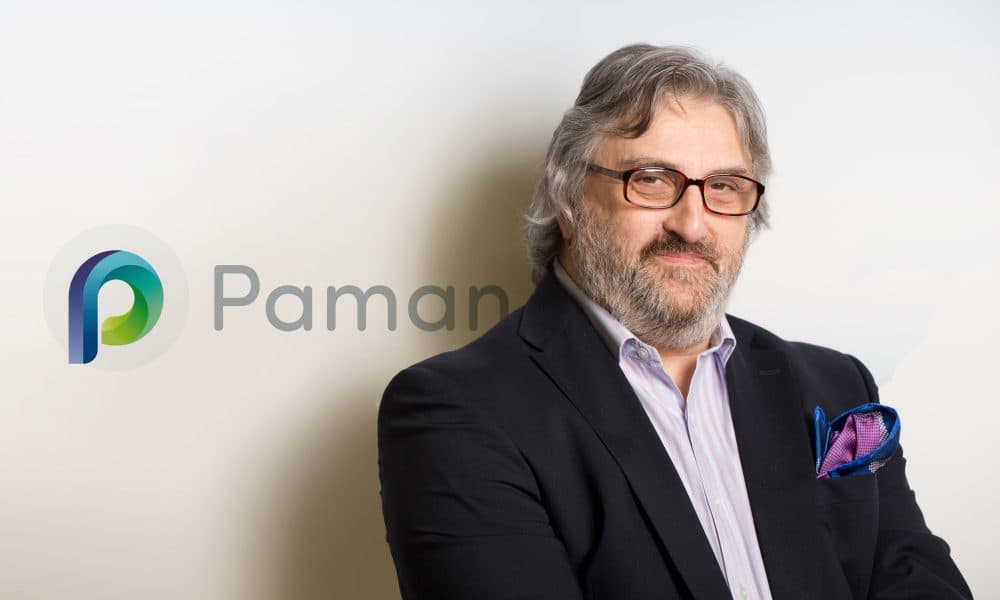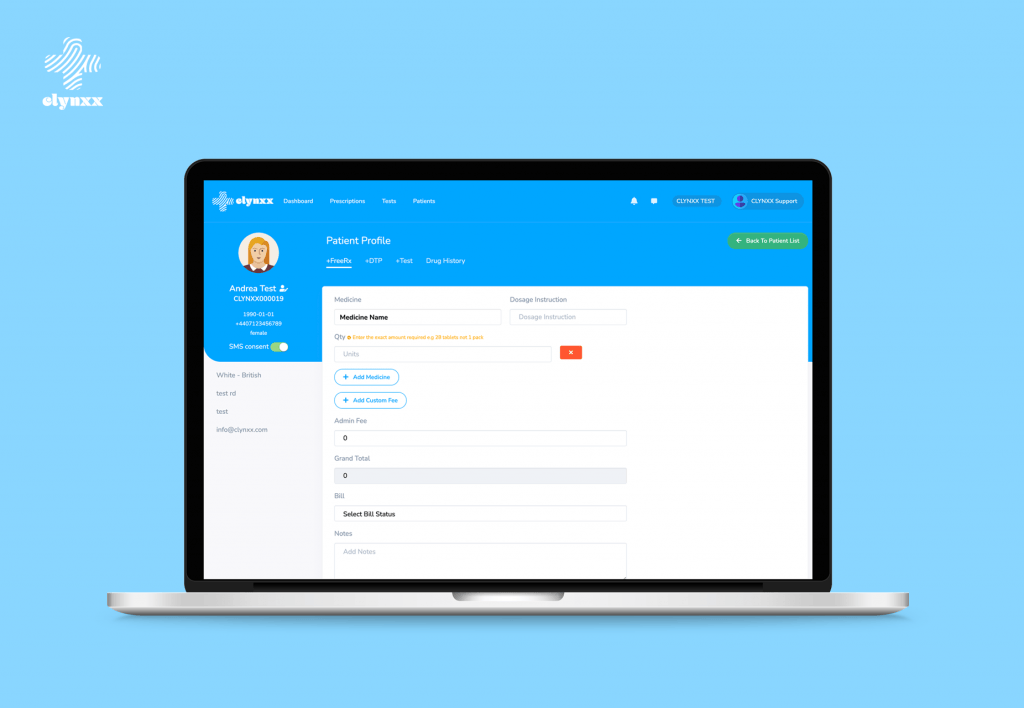
The most common solution for clinicians when a patient becomes sick is to prescribe a course of medication.
However, this is also creating one of the most common problems.
Drug adherence is a massive challenge for modern medicine, with the number of patients failing to complete a full round of drug treatments on the rise.
This comes at a huge financial cost to governments.
For example, in the UK the estimated bill brought on by patients not finishing their medication is around £3.5 billion, which is a drop in the ocean when compared to the US, with their total standing at around US$600 billion.
Nonadherence causes patients to be readmitted to hospitals and often leads to longer waits for discharges, all coming at the expense of governments and companies.
This is not just a condition-specific issue either. Statistics show around 60 per cent of diabetics are non adherent with their medication, while the rate in cancer patients is around 48 per cent.
Norman Niven, chief executive of The Medication Support Company, has spent the majority of his career working to solve this problem and knows the damage it can cause.
“Every country in the world has major problems with nonadherence,” he said. “There are two types of this. You’ve got accidental non-adherence, such as old people forgetting to take their medicines.
“The bigger problem is deliberate nonadherence. If you’re taking a piece of medication and you don’t feel better or worse for taking it or not taking it, people will say ‘I didn’t take it yesterday, I don’t feel a problem so I’m not taking it today.’
“The two types of medications that have the highest adherence are painkillers, because if you don’t take them you’re going to have pain, and HIV medication because taking it gives you an extra date of life.
“It’s been the elephant in the room and what we want to do is show how significant a benefit we can bring in terms of health outcomes, individual quality of life and very importantly how we can save money.”
Niven began working to increase medication adherence in 1991 when he designed the Nomad medication dispensing system, furthering his portfolio in 2008 through the creation of Biodose which was the first to hold liquid drugs.
But where his current efforts lie is with the Paman innovation, which makes this process digital.
The device uses a video-audio Medihub where the patients can speak to a fully trained carer through the internet.
When a patient needs to take their medication they will receive a call through the device where the carer can watch them take it correctly and make a record of it.
Clinical trials have shown its effectiveness, with the data showing that through the use of Paman adherence went from 45 per cent all the way up to 97.
This has a knock on effect financially by not only saving hospitals time and bed space, but also reducing carers workloads by eliminating physical visits.
The easy-to-use one button device is also restoring people’s independence, particularly for those of an older age.
Niven spoke more about the power of Paman.
“It’s something that we know has been desperately needed for many pharmaceutical companies,” he said. “At the moment people use all sorts of devices but they do not show them that people have taken the medicines.
“They show that someone has opened a box or a packet, but they don’t show that people have actually taken them.
“We have the Medication Administration Record chart that tells us everything we need to know about a patient’s medicine.
“Essentially we have created a system which is a lot safer with far fewer errors and gives the individual service user access to pharmacists or technicians to ask questions and get advice.”
The idea behind Paman came after Niven was headhunted by Liverpool Council after its own issues brought on by medication adherence, spending around £15 million a year on in-home visits from carers.
It also realised that it did not have the capacity to cover the whole area, doing a relatively simple job that could easily be done digitally.
“I’ve got decades of background for looking at ways of making sure people take the right medication at the right time,” Niven said. “So Liverpool Council came to me with this problem and asked me to solve it in 2018.”
“I went back to them six months later with Paman, showing them that it’s a remote monitoring service. For the very first time, instead of having to send a carer, we actually placed a device in an individual’s home.
“It is internet based so if the individual doesn’t have broadband, we will provide them with a 4G and 5G device, allowing everybody who needs access to the Internet.
“With that we broke down what was a very substantial digital divide.”
Paman has had great success in Liverpool, eventually taking part in a government funded pilot in 2019.
Despite there only being 34 people involved in the programme, the area’s council saved around £250,000 in only a few months.
It also reduced hospital admissions and reduced a GP’s workload, with Niven saying the increase in a patient’s life satisfaction levels were ‘off the scale’ when using Paman.
This gives the device huge potential in limiting medication nonadherence.
“We have actually found a way of solving that problem,” Niven said. “It is very early days yet, but we are doing a lot of work with local councils.
“It’s a British product, British designed product. We are the first in the world to do it, Liverpool is the first place in the world to receive this.
“What we’re saying here, what we’re really starting to push, is a campaign to show people how we can save money, how we can improve patients’ lives and improve health outcomes.”





